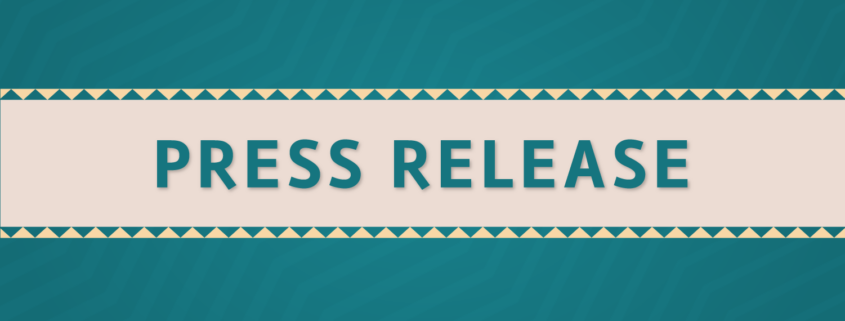PRESS RELEASE: NCUIH Releases Preliminary Report on Impacts of Government Shutdown and Trackers for Regulations and Legislation
FOR IMMEDIATE RELEASE
Contact: Meredith Raimondi
202-544-0344
mraimondi@ncuih.org
NCUIH Releases Preliminary Report on Impacts of Government Shutdown and Trackers for Regulations and Legislation
During the 2019 Washington Summit, NCUIH provided an update on findings of impacts from the government shutdown and published trackers for regulations and legislation online.
Washington, DC (April 30, 2019) — On April 23 and 24, NCUIH hosted over 120 attendees including representatives from Urban Indian Health Programs (UIHPs) and federal agencies. During the Summit, NCUIH released a preliminary report on the impact on the government shutdown on Urban Indian Health Programs (UIHPs). In addition, the Policy Department released online trackers for regulation and legislation.
- The shutdown report survey brief and key findings can be found here.
- The legislative tracker will be updated on a biweekly basis with new legislation that NCUIH is watching as it relates to Urban Indian Health Program (UIHP) funding and policy. View the legislative tracker here.
- The regulation tracker is a resource for following activities at federal agencies as they relate to the work of UIHPs. View the regulation tracker here.
The conference featured 7 keynote speakers for a total of over 47 speakers who presented on topics including 2020 Census Update, Strategies to Promote Compliance and Achieve Quality in your Healthcare Program, Sovereignty in the Era of Medicaid Work Requirements and ICWA from Gregory Smith and Elliott Milhollin of Hobbs Strauss, and Past, Present, Future: Urban Indian Health Policy. Many of the presentations are available online here.
“During the shutdown we heard about clinics closing. Indian Country has come together to say we can’t afford another shutdown,” said Jacqueline Pata, Executive Director at the National Council of American Indians (NCAI).
“Indian health is part of a trust obligation that goes back to the earliest treaties of American Indians with the United States Government. There is no argument to justify that urban Indian populations should receive any different level of health care from US Government as part of that trust obligation,” said Professor Matthew Fletcher, Director of the Indigenous Law & Policy Center at the Michigan State University.
Day two of the Summit included a keynote from Dr. Rose Weahkee, Acting Director of Office of Urban Indian Health Programs at the Indian Health Service and a panel of Native American Staffers from Capitol Hill including Naomi Miguel from the House Committee on Natural Resources, Jacqueline Bisille from the Senate Committee on Indian Affairs, and Heidi Todacheene from the Office of Congresswoman Deb Haaland.
###
About the National Council of Urban Indian Health (https://ncuih.org)
The National Council of Urban Indian Health (NCUIH) is the premier National 501(c)(3) organization devoted to the support and development of quality, accessible, and culturally-competent health services for American Indians and Alaska Natives (AI/ANs) living in urban settings. NCUIH envisions a nation where comprehensive, culturally competent personal and public health services are available and accessible to AI/ANs living in urban communities throughout the United States. NCUIH represents 42 Urban Indian Health Programs (UIHPs) in the United States.





Leave a Reply
Want to join the discussion?Feel free to contribute!